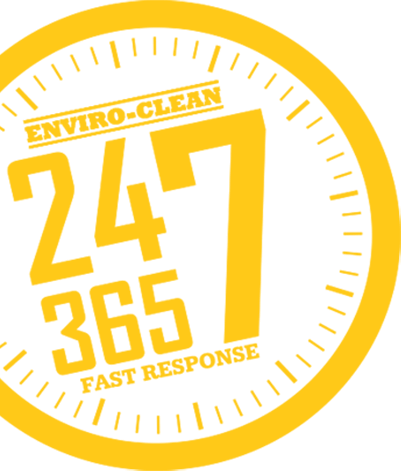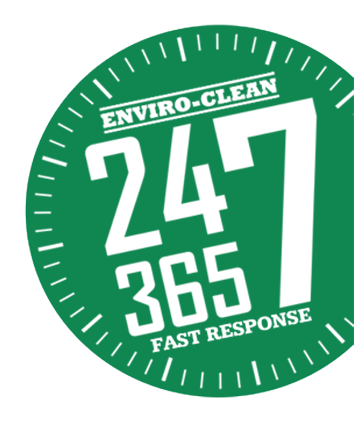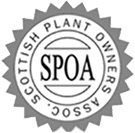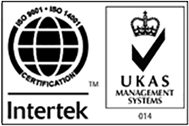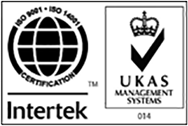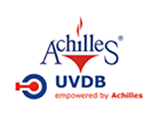DOMESTIC CUSTOMERS SEND US YOUR ENQUIRY OR BOOK USING FORM BELOW
For Enviro-Clean, there is no drain or sewer too big to unblock. Our Domestic Division can unblock drains with diameters from the standard household sink drain of 50mm, garden drains of 100 & 150mm, right up to your connection to the public sewerage system. Our Industrial Services Division will pick up from here and clear drains and remove debris in drain diameters up to over 2 metres!
Why is it important to clean and unblock drains?
Cleaning drains is not the most glamorous of jobs, but as a homeowner it is important for your health, safety and general hygiene to keep your drains clean and free running.
The drains in your house regularly get all sorts of materials flushed down them such as food and grease from your kitchen, hair and soap scum from bathrooms, sanitary products, baby wipes and nappies, cotton buds, dirt and mud from the mop and boots, etc. They are not designed to take this type of waste. As a rule, you should only flush pee, poo and paper.
How do Enviro-Clean unblock drains?
Sewers and drains can be cleaned by using high pressure water, to break up the mass causing the choke and draw debris towards the main public sewer or, depending on the size of the choke, to a large industrial vacuum pump which will suck it from the pipe through a manhole in the road.
The water is pumped under pressure through a specially designed nozzle which directs jets of water at the choke and the surface of the pipe to break up the debris and allow it to flow with the water downstream towards the main sewer or suction hose.

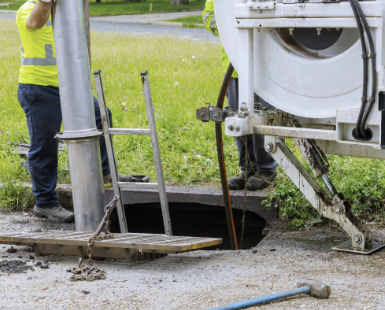
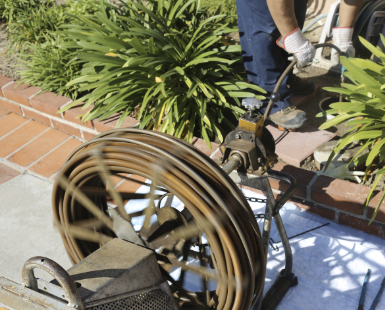
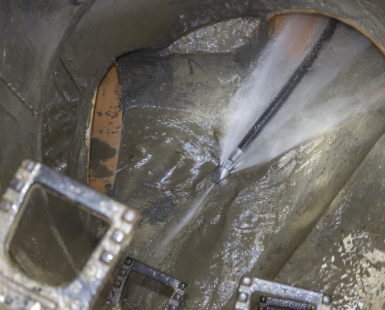
What are the best practices to look after your drains?
The simplest way to look after your drains is to be careful what you put down them. Cooking grease, food, hair and soap scum are the four biggest offenders when it comes to clogging drains. You can reduce these items in your drains by following a few key rules:
- Dispose of food in the bin.
- Do not pour oil or grease down the drain as it will solidify and create a hard blockage that can be difficult to remove by yourself.
- Use a drain screen to cover the drain openings to minimize the amount of soap scum and hair that gets drained away.
- Use a drain cleaning product regularly to remove any restrictions before they become a problem.
What should I not flush down my toilet?
Do not flush anything down your toilet other than human waste and toilet paper. As tempting as it is to flush cleaning wipes, sanitary products and cotton buds down the toilet, these do not break down or degrade in the same way toilet paper does which will lead to your toilet and drains becoming blocked.
The following items should never be flushed down your toilet:
- Baby Wipes
- Cleaning Wipes
- Cotton Buds
- Food Waste
- Fats, Oils and Grease
- Plastic Bags
- Bandages and Plasters
- Nappies
- Sanitary Towels
- Condoms
- Needles, Syringes and Sharps
- Chemicals, Bleaches and Cleaning Liquids
- Paint and Flammable Liquids
- Tiling Grout, Plaster or Cement
How often should I have my drains looked at?
While there are several ways to unblock your drains at home, it is also recommended as a preventative measure that you get them professionally cleaned once in a while. Especially if you own or run a commercial property and your drains see more than normal use.
If your drain clogs regularly it may be a good idea to give us a call, as our professionally trained drainage engineers will be able to find and clear the issue.

